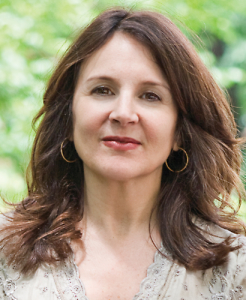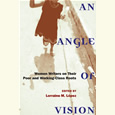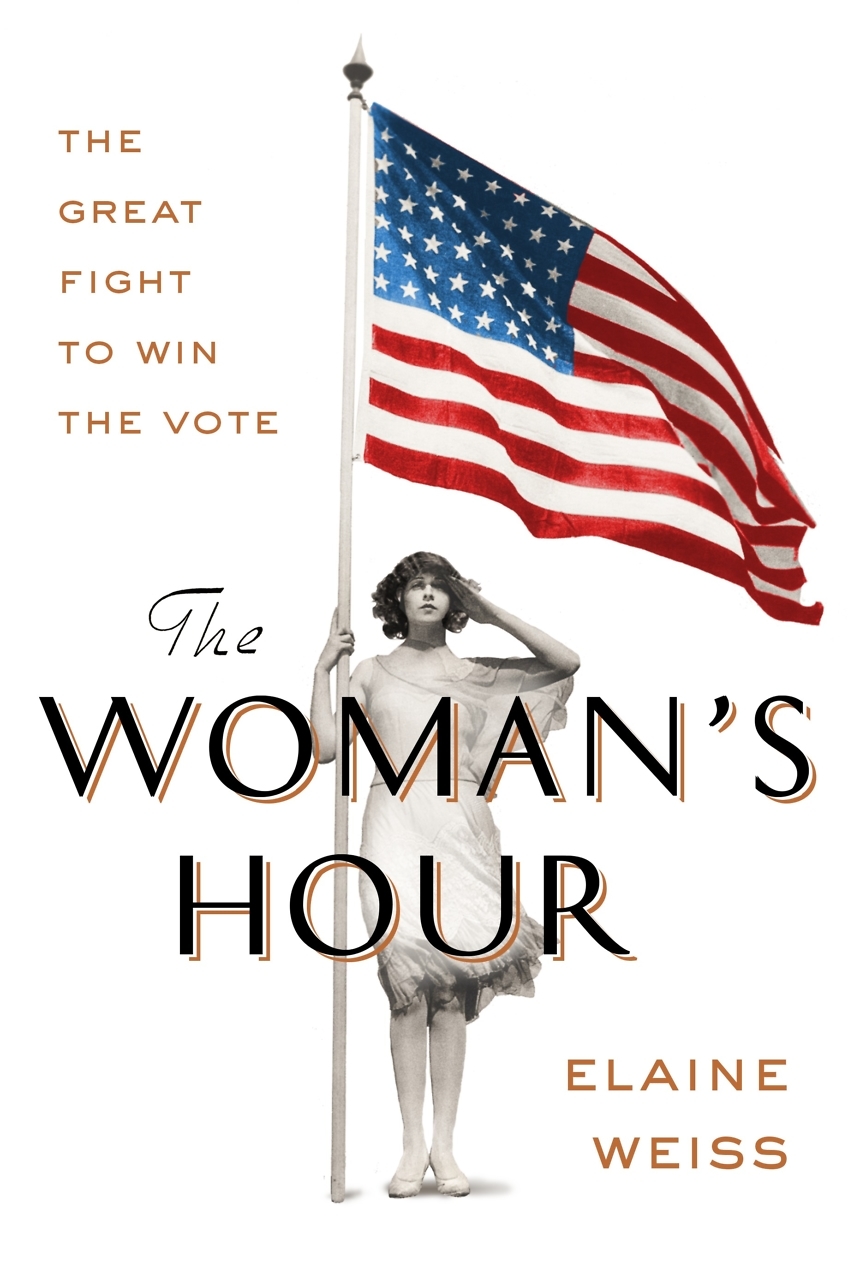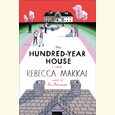The Crooked Road Less Taken
Jill Bialosky shows how poetry has added shape and meaning to her life
Jill Bialosky was fortunate to have a fourth-grade teacher who read poetry to her students. From Bialosky’s first hearing of Frost’s “The Road Not Taken” in that class, she has turned to poetry as a comfort and guidepost. In her new book, Poetry Will Save Your Life: A Memoir, she explains how certain poems have defined her or provided comfort through difficult times.
 With some poems, the impact is immediate. When the teacher reads “The Road Not Taken,” the child hears her own life in its lines: “There are two roads one might travel,” she writes. “The road where families are whole and not broken, and fathers don’t die young, and mothers are happy—where everything seems to fit together like pieces in a puzzle; and the road I travel, which is crooked and not quite right, with bumps along the way.”
With some poems, the impact is immediate. When the teacher reads “The Road Not Taken,” the child hears her own life in its lines: “There are two roads one might travel,” she writes. “The road where families are whole and not broken, and fathers don’t die young, and mothers are happy—where everything seems to fit together like pieces in a puzzle; and the road I travel, which is crooked and not quite right, with bumps along the way.”
In other chapters, a newly encountered poem gives voice to an experience that happened years earlier. As an adolescent, Bialosky comes upon Emily Dickinson, and the line “After great pain, a formal feeling comes” triggers a new understanding of an old grief: “Since I was only two years old when my father died, I had always associated his loss through the world of my mother—it was her grief, not mine. Losing him meant my life was different. But reading Dickinson’s poetry in a little cubbyhole in the library of my school, I let the dark undercurrent of loss pulsate in my own life and unleash a well of sorrow. It was if I too were frozen, my heart stiff, ceremonious, living a mechanical existence.”
 Many of the chapters in Poetry Will Save Your Life: A Memoir address mourning and loss. Bialosky tries to understand her mother’s depression. She hears about a childhood friend’s suicide. Her youngest sister commits suicide. She has two babies who live only a few hours each. She worries about her family during the terrorist attacks on 9/11. In all cases, poems give voice to her own feelings, though the comfort they offer is limited. As she notes in remembering her sister’s death, “Poetry offers consolation and knowledge but it can not reverse fate and bring my sister back.”
Many of the chapters in Poetry Will Save Your Life: A Memoir address mourning and loss. Bialosky tries to understand her mother’s depression. She hears about a childhood friend’s suicide. Her youngest sister commits suicide. She has two babies who live only a few hours each. She worries about her family during the terrorist attacks on 9/11. In all cases, poems give voice to her own feelings, though the comfort they offer is limited. As she notes in remembering her sister’s death, “Poetry offers consolation and knowledge but it can not reverse fate and bring my sister back.”
There is a welcome breadth of poetry represented here, as well as a wide representation of poets. Part of the joy of reading this book is a chance to revisit some old friends (Wallace Stevens, Sylvia Plath, and Langston Hughes) and make some new ones (Stanley Plumley and Adam Zagajewski). And the book is a good reminder that, while poetry has many functions, one of them is surely to reach out across the ages and say, “I too have experienced this. You are not alone.”

Faye Jones, dean of learning resources at Nashville State Community College, writes the Jolly Librarian blog for the college’s Mayfield Library. She earned her doctorate in nineteenth-century literature at Indiana University of Pennsylvania.


